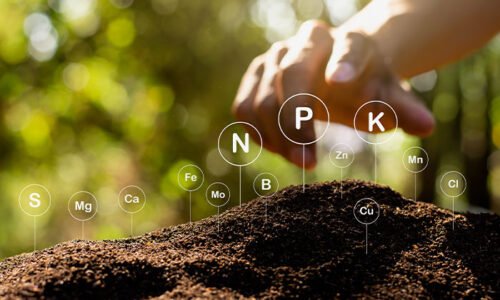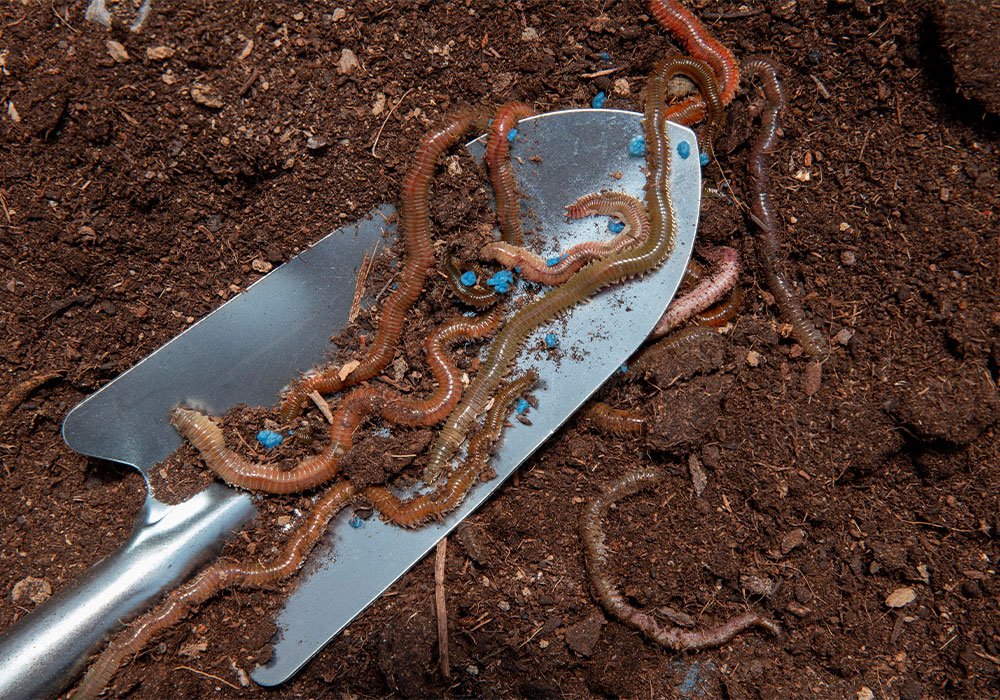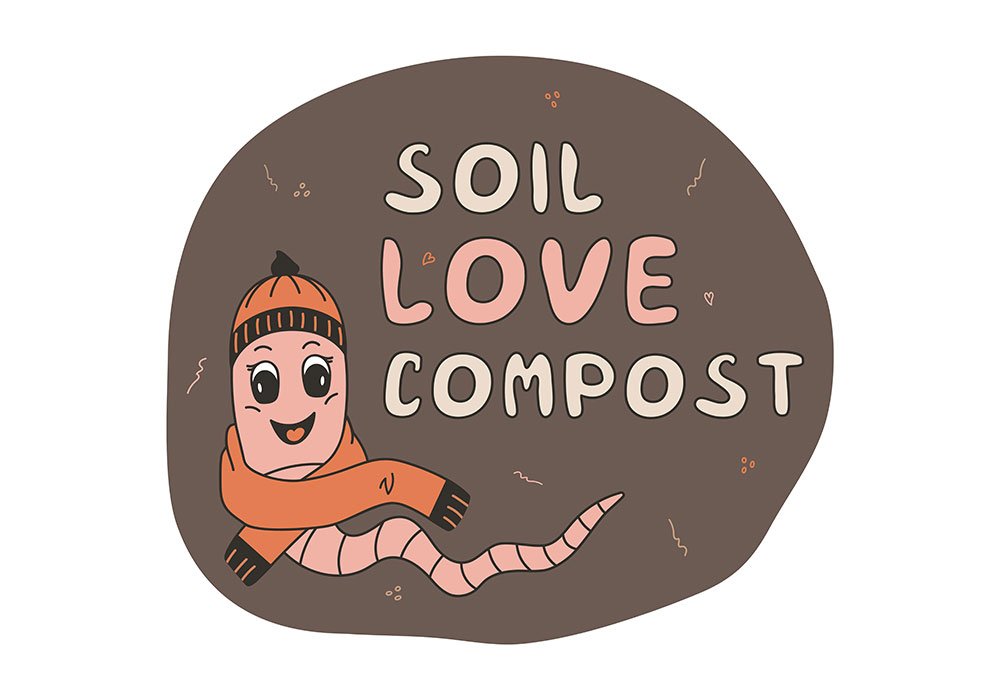Vermicompost
Vermicompost is a type of compost that is produced by using worms to break down organic material, such as food scraps and plant waste. Vermicomposting is a natural process in which worms, typically red wigglers or Eisenia fetida, consume organic material and excrete nutrient-rich castings that can be used as a fertilizer.
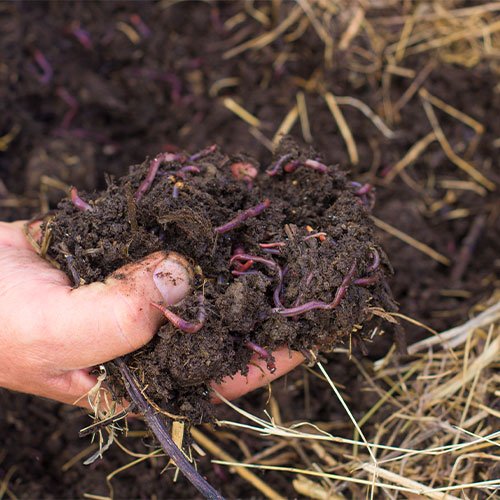
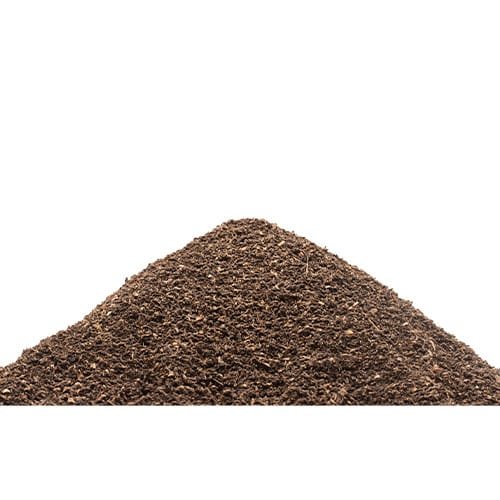
Points about vermicompost
Worm castings are a type of vermicompost that are made using only earthworms and their castings.
This type of vermicompost is made using plant waste, such as leaves, grass clippings, and vegetable scraps.
This type of vermicompost is made using shredded paper as the feedstock. It is rich in carbon and is often used to balance out the high nitrogen content of animal manure.
This type of vermicompost is made using food waste, such as kitchen scraps and leftover food. It is high in nutrients and is often used to fertilize potted plants and indoor gardens.
Here are some additional details about vermicompost:
- The vermicomposting process is typically faster than traditional composting, as the worms help to break down the organic material more quickly.
- Vermicompost has been shown to have a positive effect on soil structure and water-holding capacity, which can help plants grow better.
- Vermicomposting can be done on a small scale, making it a great option for home gardeners or those with small amounts of organic waste.
- Vermicomposting can help divert food waste from landfills, where it would otherwise produce methane, a potent greenhouse gas.
- Vermicompost can be used as a soil amendment, top dressing, or potting mix for plants, and can also be brewed into a liquid fertilizer known as "worm tea."
- Vermicompost can also help reduce the need for chemical fertilizers and pesticides, as it can improve soil health and support beneficial microorganisms.
“Vermicomposting is a process in which the earthworms convert the organic waste into manure rich in high nutritional content.”
The nutrients profile of vermicompost are:
1.6 per cent of Nitrogen
0.7 per cent of Phosphorus.
0.8 per cent of Potassium.
0.5 per cent of Calcium.
0.2 per cent of Magnesium.
175 ppm of Iron.
96.5 ppm of Manganese.
24.5 ppm of Zinc.
